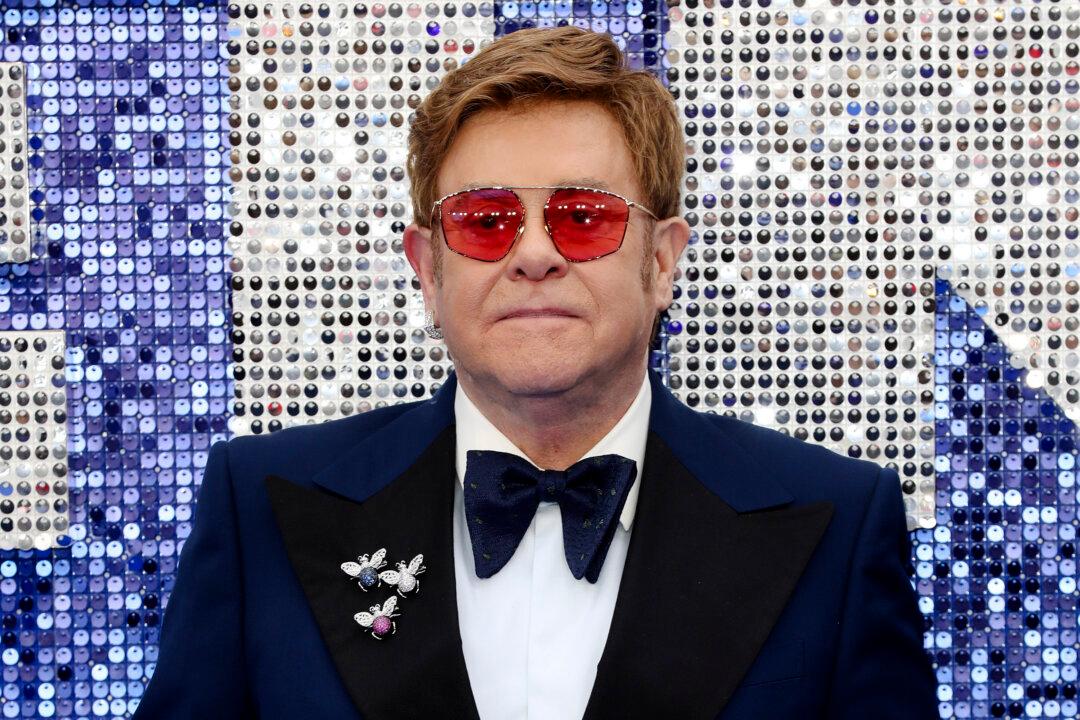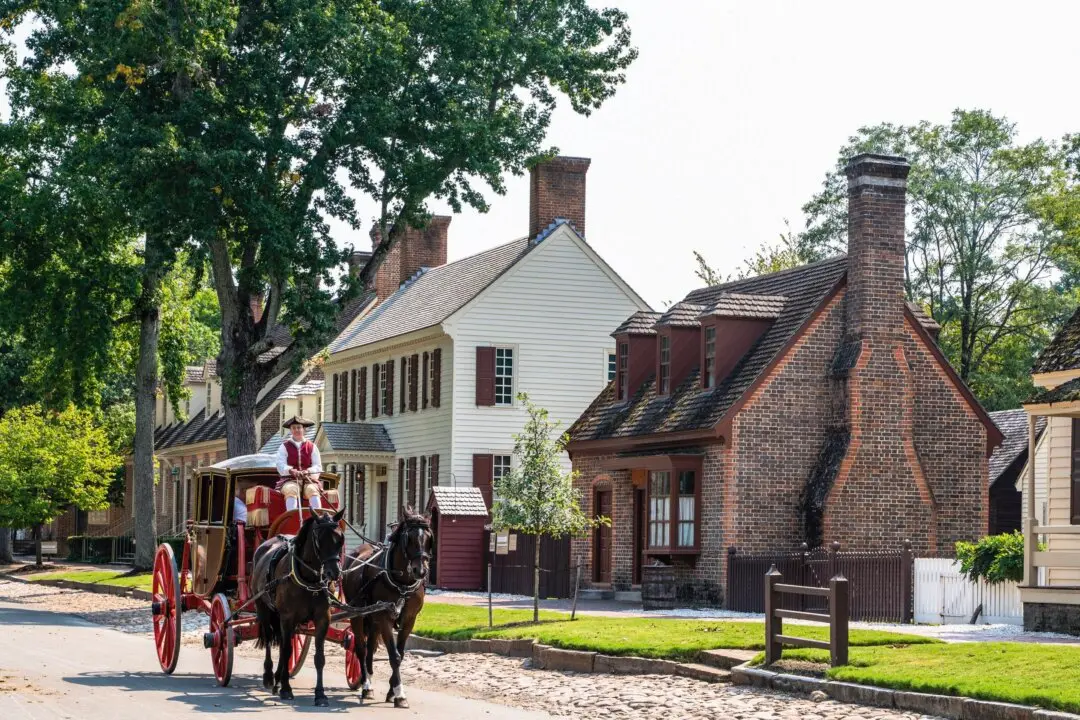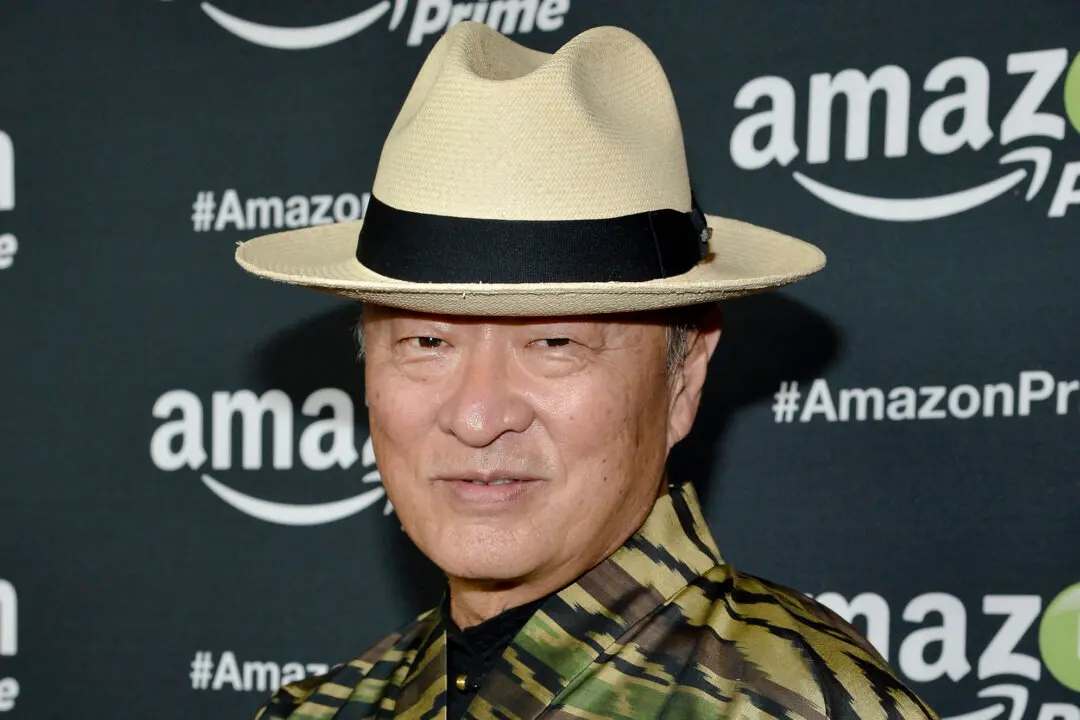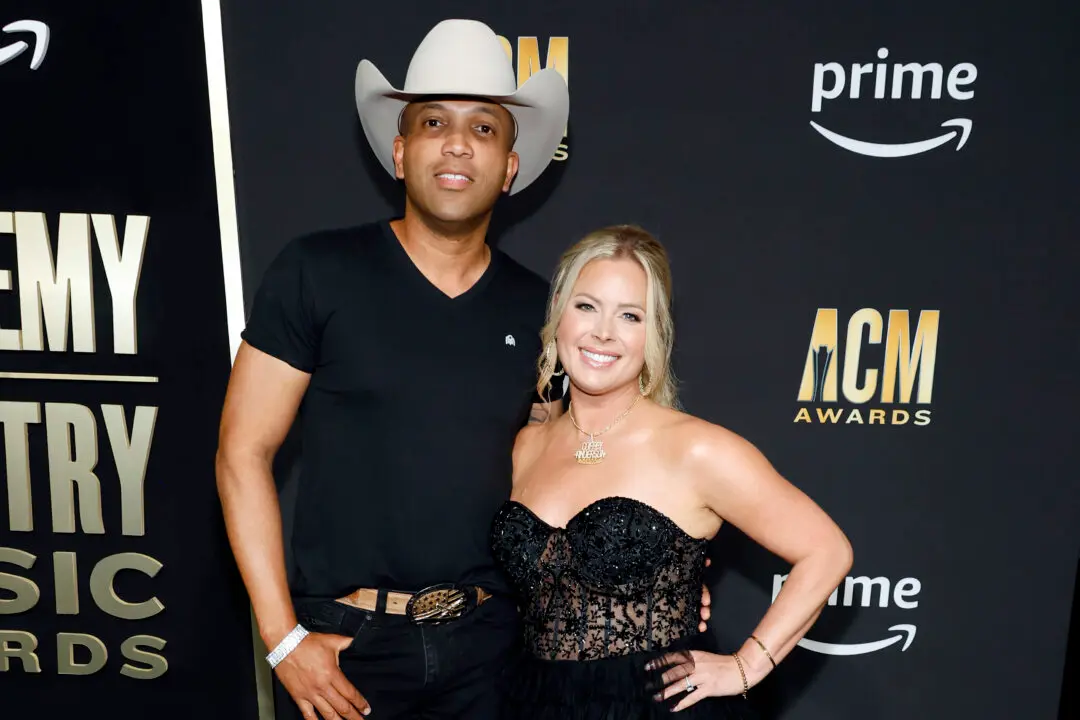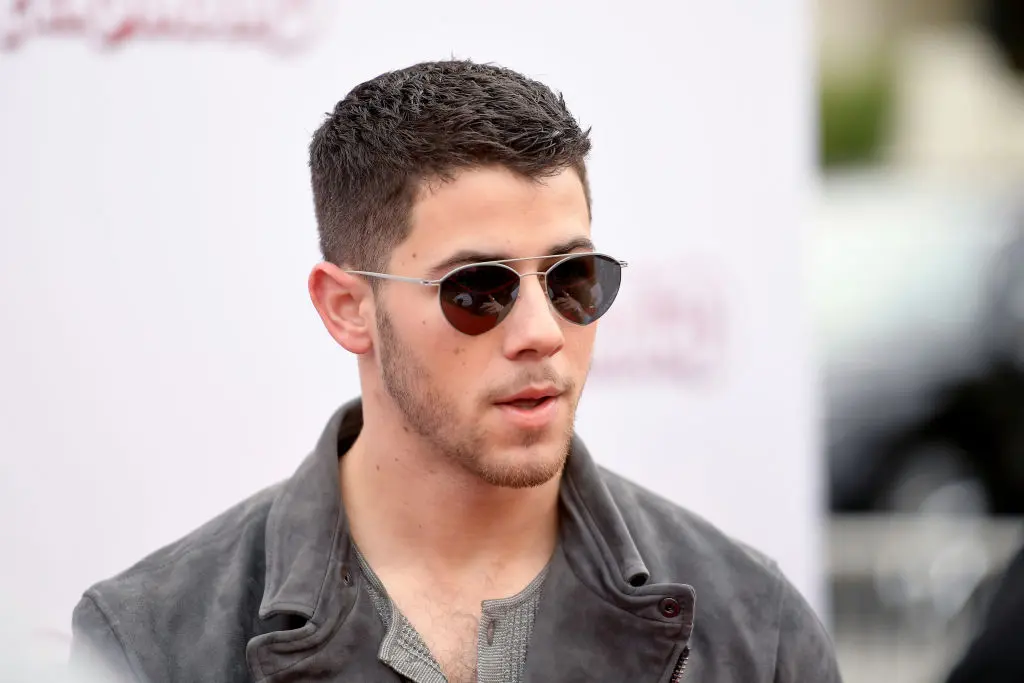British pop-rock star Elton John has voiced opposition to the legalization of marijuana.
During a recent interview with Time magazine, published on Dec. 11, the “Rocket Man” singer, who has been open about his past struggles with substance abuse, said cannabis could serve as a gateway drug to addiction.
